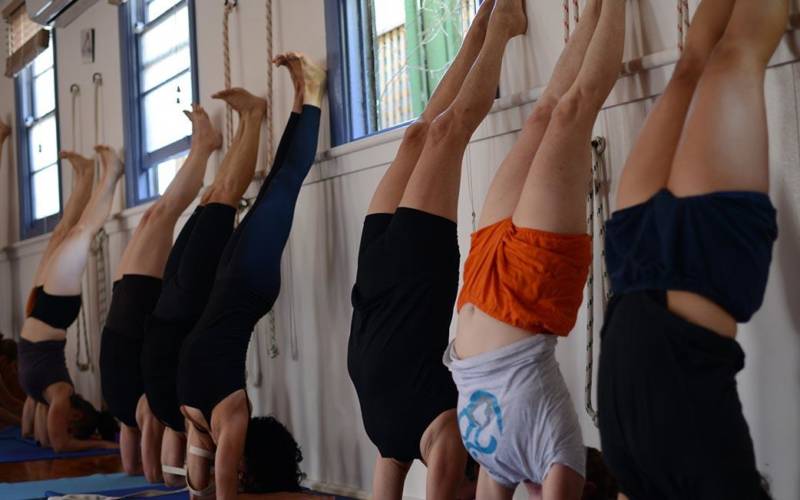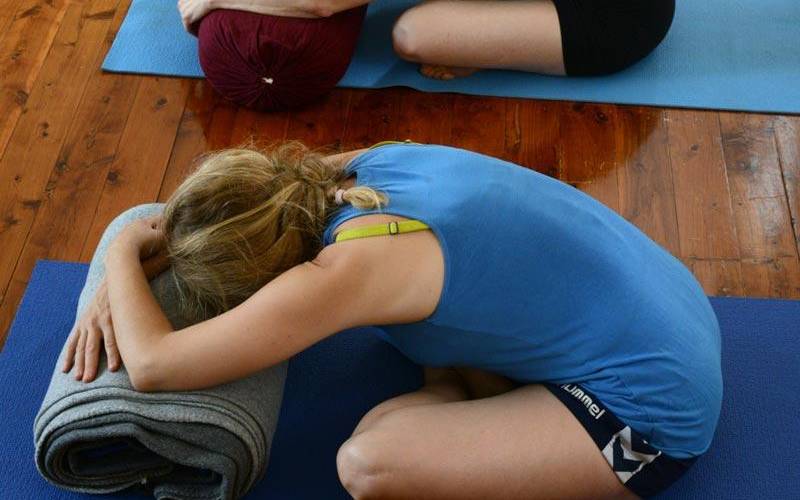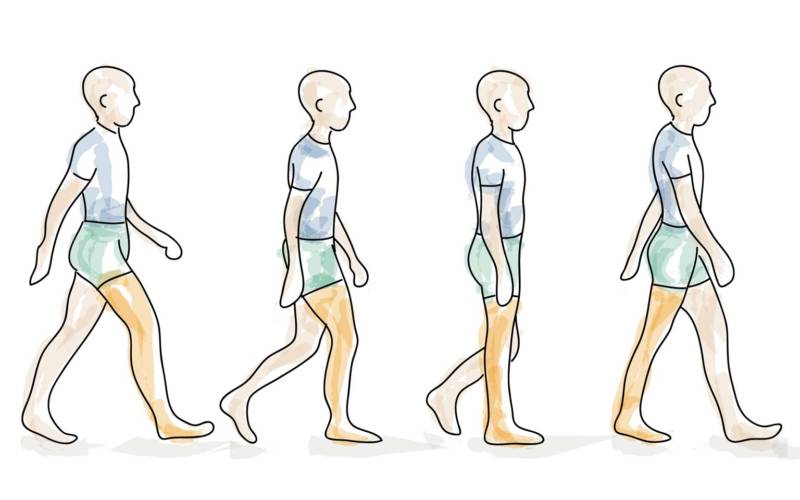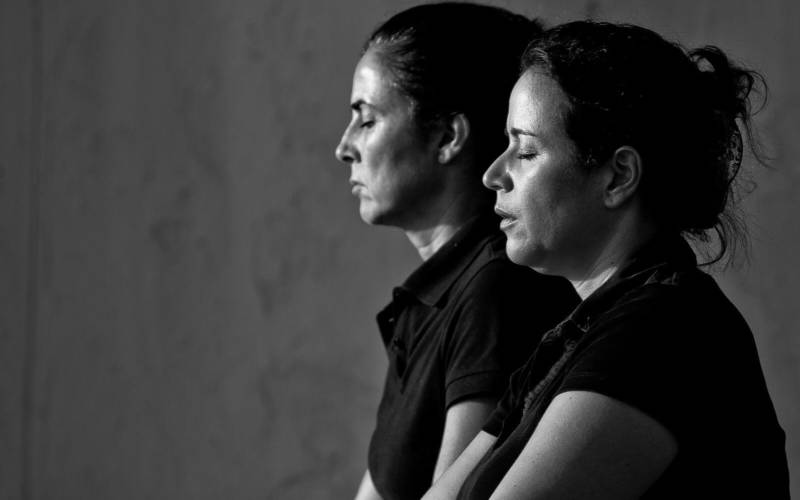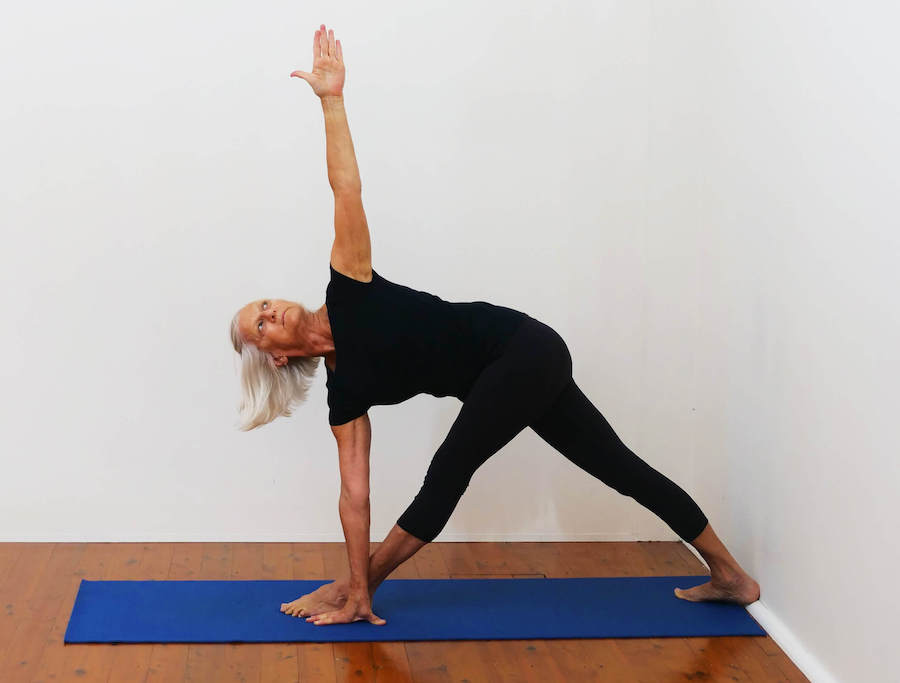Context:
Carpal tunnel syndrome is a common complication of repetitive activities and causes significant morbidity.
Objective:
To determine the effectiveness of a yoga-based regimen for relieving symptoms of carpal tunnel syndrome.
Design:
Randomized, single-blind, controlled trial.
Setting:
A geriatric center and an industrial site in 1994-1995.
Patients:
Forty-two employed or retired individuals with carpal tunnel syndrome (median age, 52 years; range, 24-77 years).
Intervention:
Subjects assigned to the yoga group received a yoga-based intervention consisting of 11 yoga postures designed for strengthening, stretching, and balancing each joint in the upper body along with relaxation given twice weekly for 8 weeks. Patients in the control group were offered a wrist splint to supplement their current treatment.
Main Outcome Measures:
Changes from baseline to 8 weeks in grip strength, pain intensity, sleep disturbance, Phalen sign, and Tinel sign, and in median nerve motor and sensory conduction time.
Results:
Subjects in the yoga groups had significant improvement in grip strength (increased from 162 to 187 mm Hg; P = .009) and pain reduction (decreased from 5.0 to 2.9 mm; P = .02), but changes in grip strength and pain were not significant for control subjects. The yoga group had significantly more improvement in Phalen sign (12 improved vs 2 in control group; P = .008), but no significant differences were found in sleep disturbance, Tinel sign, and median nerve motor and sensory conduction time.
Conclusions:
In this preliminary study, a yoga-based regimen was more effective than wrist splinting or no treatment in relieving some symptoms and signs of carpal tunnel syndrome.
The paper has been published in JAMA (1998) 280:1601-1603 This is part of the collection of studies published as the Mumbai Research Compilation. A collection of presentations made at the Light on Yoga Research Trust in collaboration with the Bombay Hospital Trust, Indian Medical Association, General Practitioners Association and the Parkinson’s Disease and Movement Disorder Society. They organized the conference on the “Scientific evidence on the Therapeutic Efficacy of Iyengar Yoga’. It highlights research papers on Iyengar Yoga and its medical benefits. The objective of which being the dissemination of knowledge about the science of yoga in the medical setting. The conference was held on October 12, 2008.

